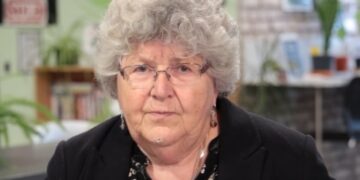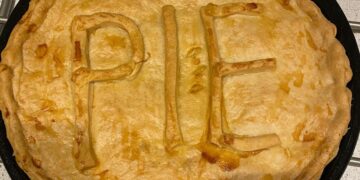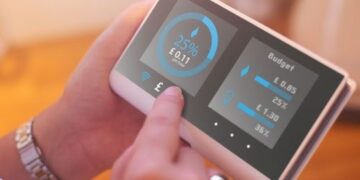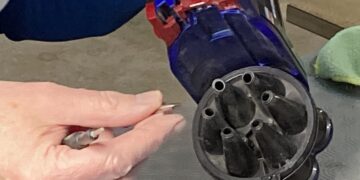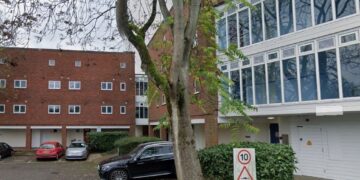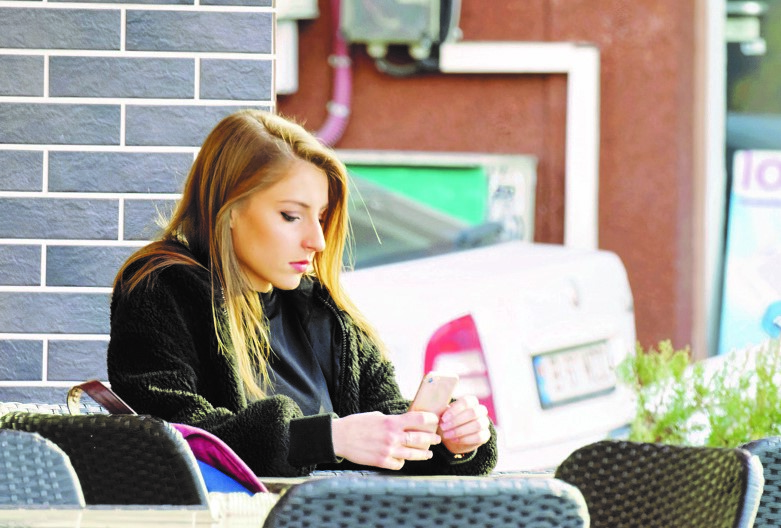ABUSE helplines are reporting growing numbers of calls as relationships suffer under the strains of long-term social isolation – but they want people to know that help is available if they need it.
As the country locks its doors in a bid to halt the spread of coronavirus, some people are at an increased risk due to vital government measures.
Berkshire Women’s Aid, a charity that provides accommodation and support for victims and survivors of abuse, says it received a week’s worth of calls in one day from people seeking help.
The organisation’s Wokingham shelter is full, and its accommodation in Reading is likely to reach capacity in a few days, said chief executive Andrea West.
Kaleidoscopic UK, a Wokingham-based charity that aims to break the cycles of domestic abuse, has seen a 40% rise in case referrals.
Founder Vickie Robertson said: “Covid-19 is not the cause of the increase in abuse, but isolation has given perpetrators more opportunity”.
Ms West agreed, adding: “Lockdown means that many people have lost their safe spaces and have fewer opportunities to reach out.
“There is an enormous pressure on people now, but they should realise that they are not on their own, and there is help.”
Ms Robertson explained that domestic abuse statistics are at an all-time high.
She said: “So now – more than ever – it is vital to educate ourselves on how to spot signs of abuse”
Abuse does not have to be physical; it can include monetary control, emotional manipulation and gaslighting, and can involve children and pets in the violence.
She added: “Abuse is incredibly hard to see because you’re living it – it’s extremely subtle sometimes”.
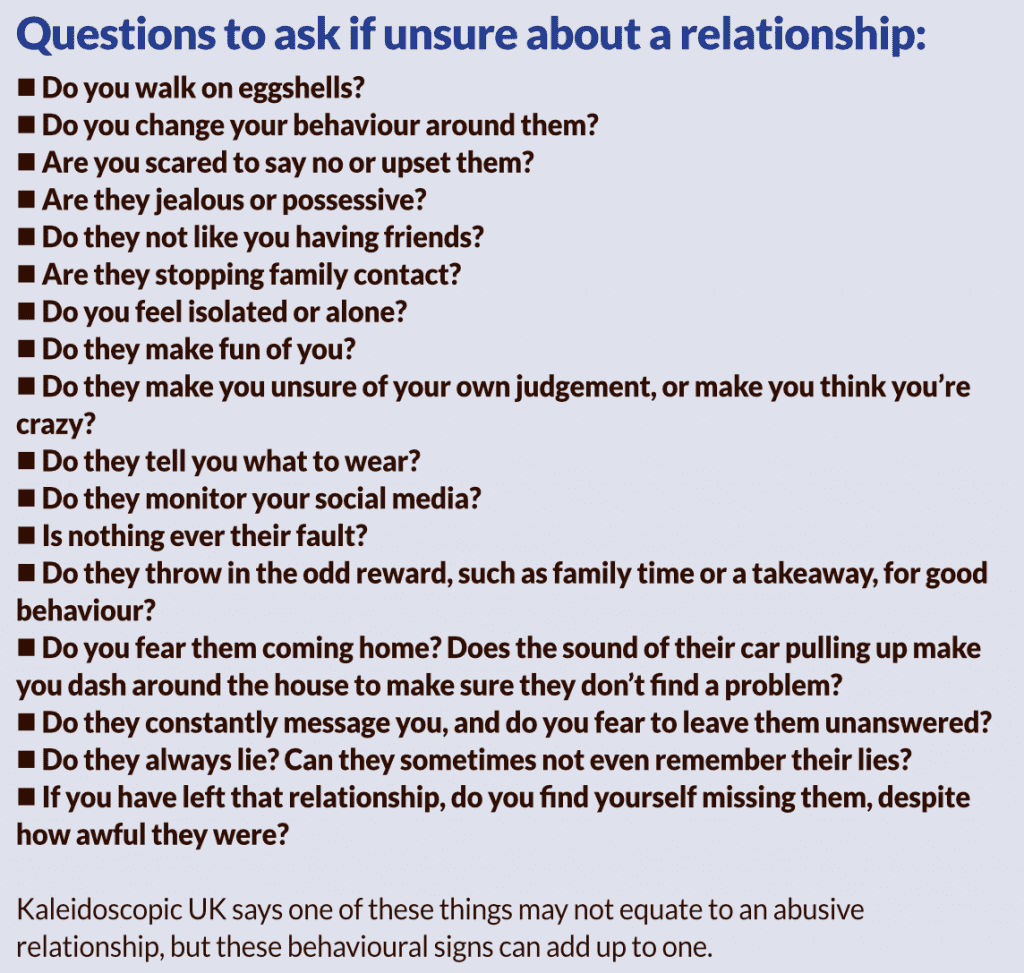
Isolation is now the norm, so spotting signs of abuse in your loved ones is harder to do.
Ms Robertson said: “Abusers often go for strong people for the challenge of breaking them down, so your loved one might be putting on a brave face”.
She said some telltale red-flags of abuse in the victim are acting and dressing differently, a shift in demeanour or withdrawing from others.
To discern whether someone is a perpetrator, she said some clues can reveal a pattern of abuse; behaviour change, always being around their partner when speaking to friends, and inappropriate jokes or putting their partner down.
Both charities recommend setting up a code-word with a trusted person, so if there is danger they know to send the help that is needed.
Ms Robertson also suggested packing a bag with essentials, such as toys for children and cash, and leaving it with someone that would keep it safe.
If you, or a loved one, is in an abusive relationship, contact Berkshire Women’s Aid on their 24/7 helpline: 0118 950 4003, email helpline@bwaid.org.uk, or over Facebook messenger.
Alternatively, contact Kaleidoscopic UK by email kaleidoscopicuk@gmail.com, use the referral form on their website www.kaleidoscopic.uk/contact/, or use Facebook, Instagram, or Twitter direct messages.
The organisations stressed the importance of reaching out in the safest possible way.
For more information, visit: www.berkshirewomensaid.org.uk, www.kaleidoscopic.uk, or ring the National Domestic Abuse Helpline: 0808 2000 247.
Charity organisations remain fully operational, and the police will answer emergency calls despite lockdown.
If your life, or that of a loved one is in danger, dial 999. If you cannot speak, add 55 after. The emergency services will trace the call.



